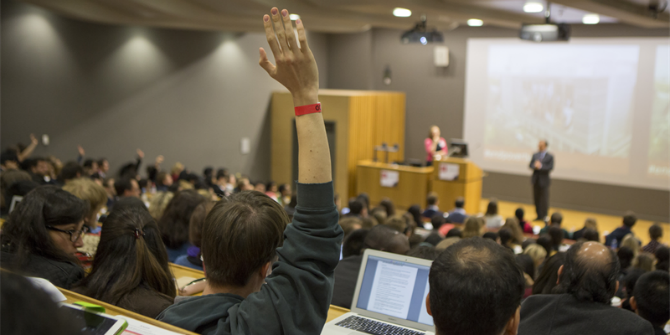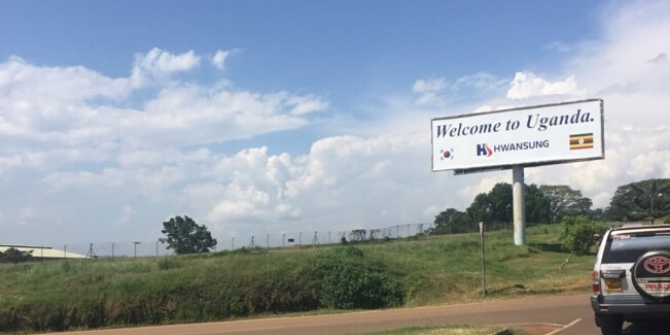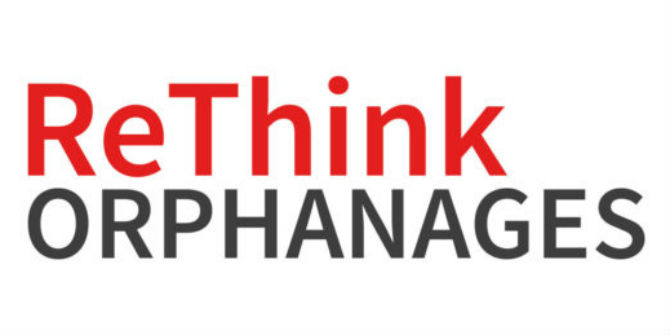The international development sector is a very exciting and dynamic sector with so many different opportunities. A question we often have from students interested in the sector is “where do I start and how?”. We spoke to LSE alumni, industry experts and professionals and, in this blog, share their key insights and advice on how you can explore and get into International Organisations, UN Agencies and Development Banks.
Understanding the unstructured nature of the recruitment process
- This sector has very few graduate schemes and programmes. Short term contracts and projects are common and these can support you in building up a portfolio of relevant experiences. They can also help you explore different organisations and interests.
- Many people will enter the sector after working in another area first or volunteering. It’s important that you gain this experience prior to applying, as many roles require up to five years previous experience.
- Once you’re working in the sector do not always expect a linear career progression, sometimes career movements may be lateral particularly in the early years. These career moves may require you to shift geography and be based in the field.
- Do your homework to understand the process and specific requirements – research and ask questions. Prepare well ahead of applying or the interview through things such as volunteering, internships and extra-curricular leadership roles to help you stand out amongst a strong pool of applicants.
Networking
- Building a network is very important as this will strengthen your understanding of the different international organisations, UN agencies and development banks.
- Networking is a vital skill which can be transferred to all aspects of your professional life and communication, even if it is not your natural comfort zone. There are many ways to network – it is not just going to drinks – it can be through job placements, formal meetings and online platforms. It can take some practice, but is best to approach it genuinely as your integrity (or lack of) comes across.
- Establishing a network can be done through leveraging the LSE alumni community, attending different events such as LSE’s International Organisations Week and using all the opportunities available to you to meet as many people as possible.
- It’s important that when you’re networking that you ensure you have an intellectual give-and-take with them which creates a reciprocal two-way exchange. This will support with deepening the connection and rapport.
- A lot of roles within this sector and organisations are not advertised, so one of the best ways to get into the sector is to meet as many people from organisations as possible.
- Consciously seek out mentors to support your career growth and journey in the development sector. Mentors could be academics and even alumni.
Research
- Follow what industry leaders and technical experts are saying to understand the current needs of the development jobs market, and to help you stay ahead of the curve.
- It is important that you are intellectually curious as this will help you in understanding the “bigger picture”, and the inter-linkages between development issues in the world today.
- Develop strong analytical and critical thinking abilities as this will help you develop cutting edge technical competencies.
- It’s important that you research and fully understand the mandate of the international organisation that you are interested in and applying to. It’s also key that you can articulate why you are interested in this particular field and/or organisation.
Experience and volunteering
- Seeking field-based opportunities brings you closer to development challenges and enables first-hand experiences.
- An applicant with experience in living and working across countries and cultures is typically viewed favourably, and such experiences should be highlighted in your applications.
- Building up excellent academic credentials is imperative and determining research which can be valuable for development entities is the segway to development work.
Private sector experience is just as valuable
- Private sector experience will enable you to build experience, expertise, knowledge and insights that can be utilised when transferring across to the international development sector.
Flexibility
- We live in a world of multiple coexisting complex development challenges. You should be ready to adapt, to remain both relevant and marketable. COVID-19 is a case in point.
- The best career paths are more a swirl than a straight progressive line – don’t over plan or over think, but rather seize new opportunities that come your way. Learn strong generic and soft skills and be prepared to go where your career takes you – even if unpredictable, whether by geography or area of specialisation.
Lastly, and most importantly: keep the passion, eagerness, and enthusiasm alive to make the world a better place.






1 Comments